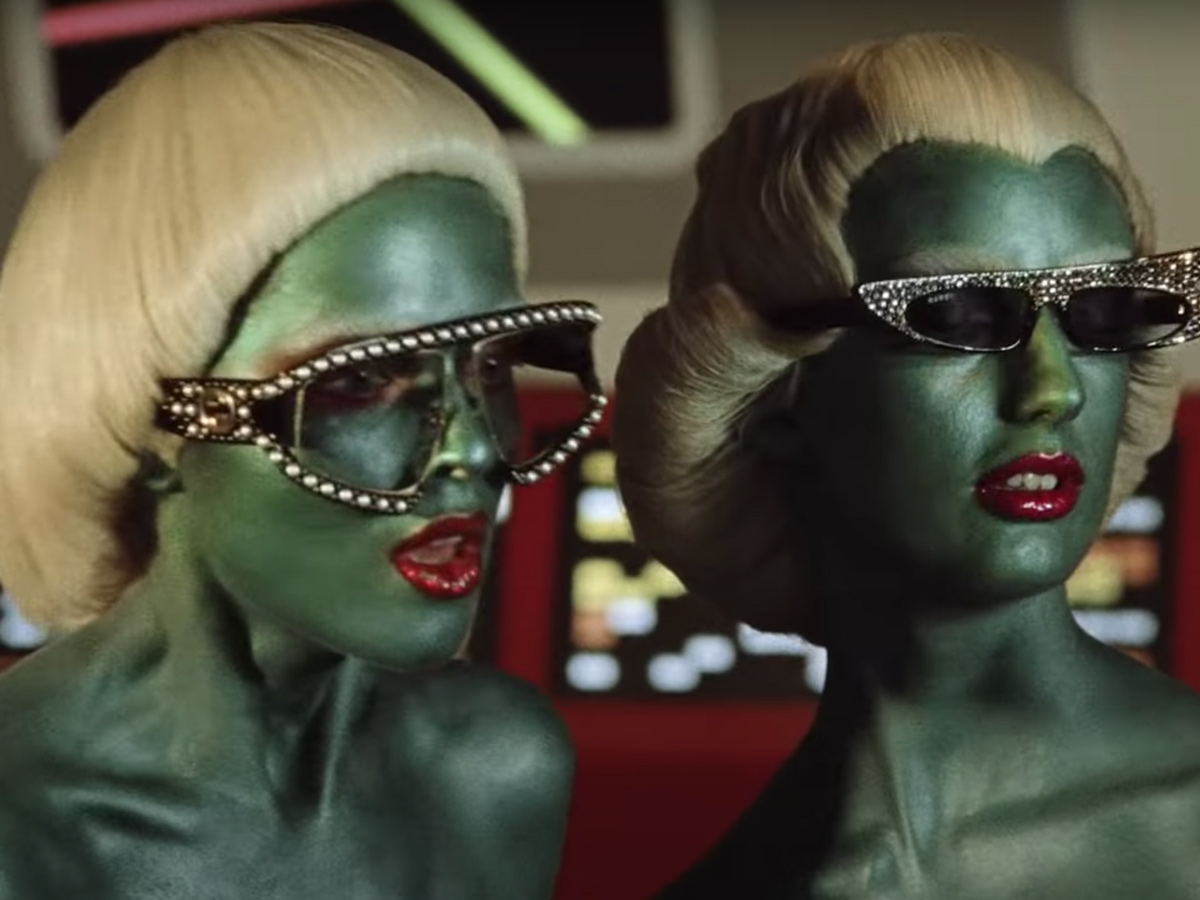Like many things during the pandemic, storytelling stalled. It never got out of first gear. Or perhaps it got stuck on empathy cruise control. ‘In these unprecedented times, we’re with you, piano tinkle, in it together…’ At least that’s how I remember most scripts going. Not that showing empathy with your audience isn’t fair grounds for building connection and telling a story. It’s just a bit one-dimensional. One note.
And while this series is exploring ‘the simple life’ the pandemic has us hankering for, I think that in storytelling we could use some complexity.
Some fear. Humour. Sadness. Surrealism. Surprise.
Brands, and by their extension their ads, have become desperate to be liked. To be one of us; just like us. Which has reduced them to displaying smarmy qualities of sameness, approachability and likeability. In reality, it’s difference that makes things interesting.
We’re attracted to people for their quirks, foibles and idiosyncrasies. But no brand guidelines doc has a page of these. But thankfully, examples slip through the net.
Airbnb’s Made possible by hosts is a great example. Once you get past the requisite “An Airbnb story” opening title, what unfolds is often a delightfully surprising and poignant story. One presents 35mm camera stills of an older couple living their best life. Running. Loving. Grinning. Flirting. All to the tune of Jay-Z and Beyonce’s ‘Bonnie and Clyde’. It’s an irreverent ‘bae-cation’ — and the most positive representation of older people in advertising that I’ve seen in a long while.
Not that storytelling always has to be positive. Life’s not. Cancer charity Macmillan understands this better than most, and have lent into it in a beautifully balanced film. It works wonders at not only finding the expected pathos, but also the humour and joy in its subject matter. By embracing all the emotions, it feels real. Raw. And utterly magnetic.
Likewise, not hiding from reality is a lesson our NHS work has taken to heart. The latest cancer work eschews the reassuring “here for you” language in favour of representing the real fear people have of cancer — and that carrying that worry around is really an issue in itself. This isn’t fear as shock, but rather proof empathy doesn’t always have to be cosy.
Sustainability is the latest bastion of the “together we can” movement. Thankfully Wild Deodorant have cut through the climate clutter with a surreal, dare I say sexy piece of storytelling that features a kinky polar bear with a fetish for the ecological endgame. It’s the freshest take I’ve seen in this space, and I let it in because its playful where so many others only preach.
Another exception, this time from Covid days (or at least the days we still acknowledged Covid) is the Be More Rainbow spot from Channel 4. Always great storytellers (hello Superhumans) this showed the power of an unexpected perspective, and a surprise voice – this time in the form of a rainbow elated but exhausted from doing double duty for key workers and the LGBTQ+ community. A welcome sight after a shit shower of pianos.
And in the high fiefdoms of high fashion, Gucci is proving you can be a bit weird and still make coin. The house’s creative messiah Alessandro Michele has brought brand stories to life in every format from a Hollywood musical to a sci-fi throw-back to a Biblical epic. The tight rules of ‘luxury’ have been abandoned in favour of a joyous, often very personal exploration of clashing genres. Proof that even a multi-billion dollar global behemoth can let individual sensibility shine through.
Messy. Odd. Complex. The same things that make people interesting could make brands more interesting.
Brand storytelling is nothing new. So give us a twist.
Featured image: Gucci and Beyond / Gucci

